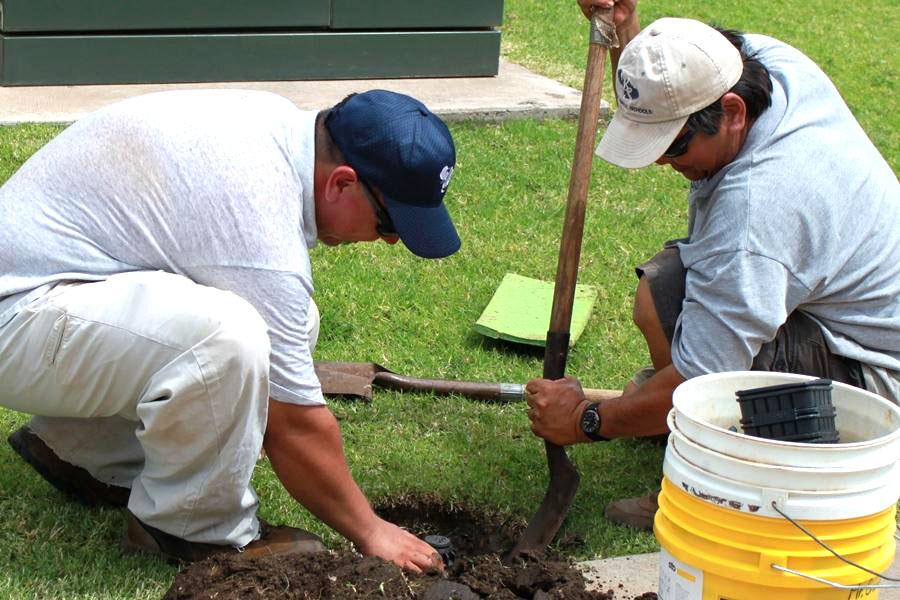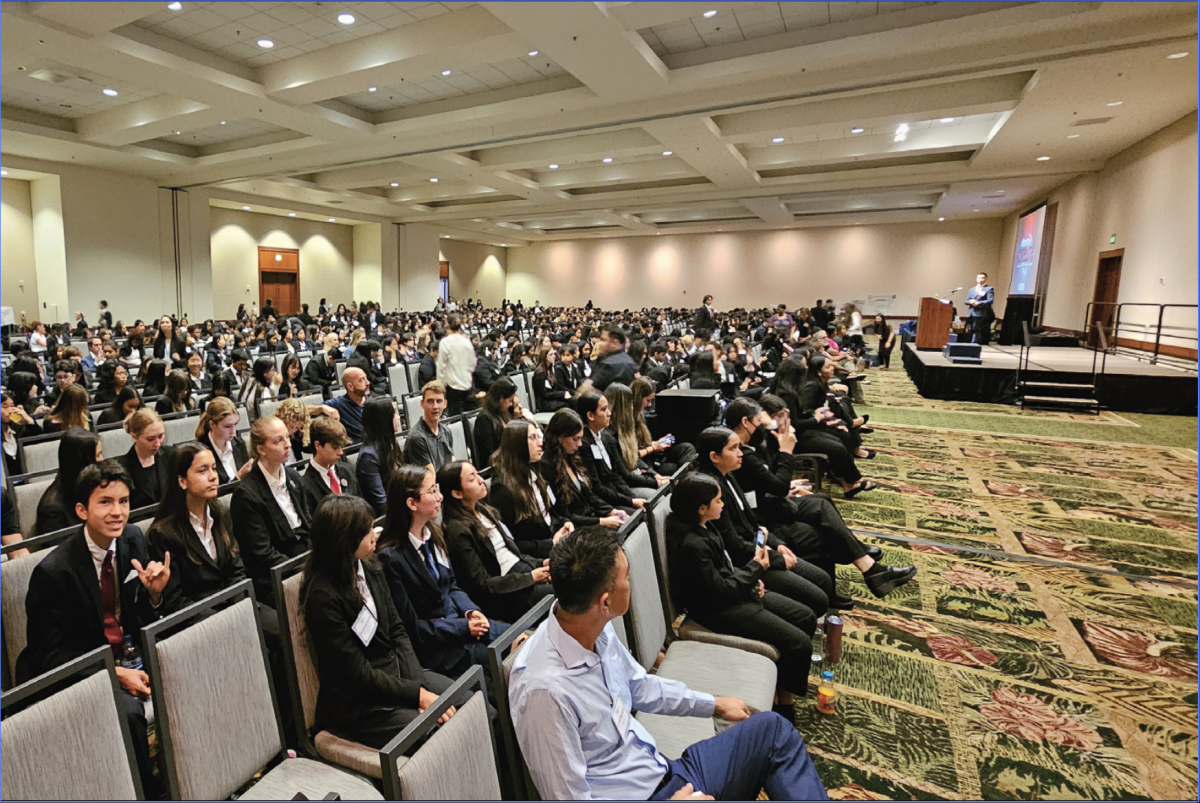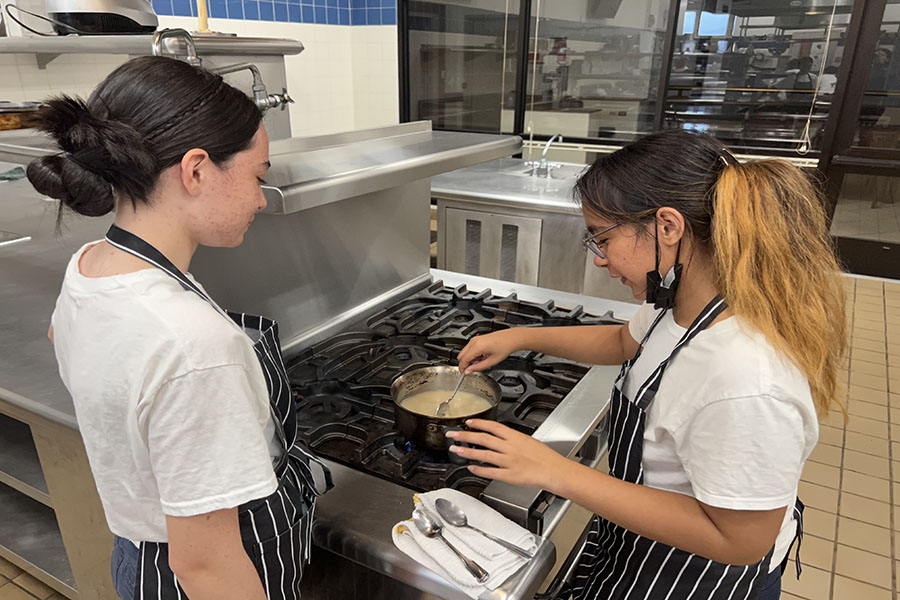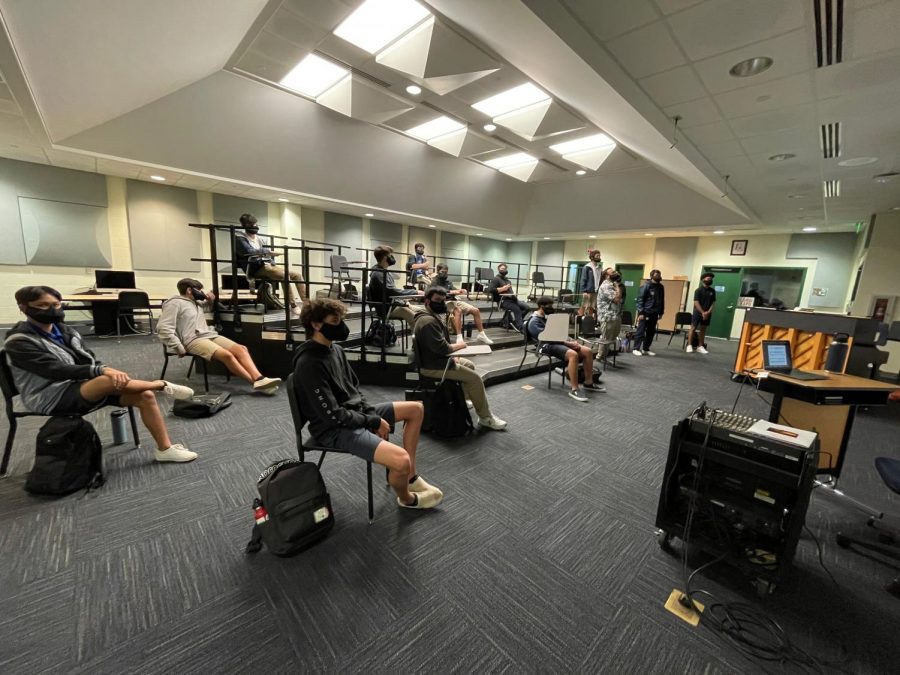Labor Facts You May Not Know:
- Can I be hired if I am 14 years old?
- Can I work any time if I am 14 or 15 years old?
- Are there work restrictions if I am 16 or older?
- What paperwork do I need if I am hired to work and I am 16 or 17?
- Doesn’t my boss need to give me advance notice if he’s going to fire me?
- What is the federal minimum wage (the lowest amount I can be paid for my services)?
- What is the state minimum wage?
- Are there some states with a higher minimum wage?
(answers at the end of the article)
The History of Labor Day
Commonly associated with beach outings, parades, and limited weekend sales, Labor Day possesses much more meaning and history to its title than many might realize.
Tracing back to the first Labor Day event held on Tuesday, September 5, 1882, in New York City, it continues to remain a holiday in commemoration of American workers and their achievements. Labor Day is intended to honor those who helped strengthen American social and economic society.
This year, the national holiday falls on Monday, September 5. In 1894, twelve years after the first Labor Day, Congress passed an act that designated Labor Day to be the first Monday of September and to be recognized as a national holiday.
In addition to recognizing the strength and accomplishment of America’s workers, it is also meant to acknowledge the accomplishments of the labor movement in achieving decent wages and legal protections for workers.
By the 1800’s, during the pinnacle of the Industrial Revolution in America, many workers had agreed to leave their farming jobs and commit to working the machines in factories. They hoped to finally have a secure job and live the American dream.
What they realized instead was that they were being forced to work 12-14 hour shifts in tarnished factories and, sometimes, around hazardous conditions. Wages were very low, so families had no choice but to force labor upon their children as well. Children as young as five or six also spent their hours in factories, mills and mines while only earning a fraction of the adults’ wages.
While factories and machinery began to replace agriculture and farming, labor unions became more vocal and dauntless. Strikes and rallies broke out protesting the poor conditions of the factories, which led to the first Labor Day in 1882.
It was organized by the leaders of New York’s Central Labor Union. It was a parade, followed by a gathering with food for the workers and their families. Despite the loss of pay for that day, thousands attended to show solidarity behind the issues facing urban workers.
Historians continue to dispute who originally proposed this holiday idea. Some believe that Peter J. Mcguire, general secretary of the Brotherhood of Carpenters and Joiners and co-founder of the American Federation of Labor, initially suggested having a day to honor the workers. Others credit Secretary of the Central Labor Union of New York, Matthew Maguire, to be the founder.
Labor Day Today
Regardless of who started it, the holiday is still celebrated by Americans today, including by employees right on the KSM campus.
Custodian Ms. Jody Oliveira said the first thing that comes to mind when she thinks of Labor Day is work. To her, it represents all of the working people who put in hours of labor each week. Ms. Oliveira will be traveling to Honolulu to visit her grandchildren for this Labor Day weekend.
KSM groundskeepers Mr. Mike Fujimoto and Mr. Chad Ferreira said that Labor Day means spending more time with their families because of the extra day off. All students and most of the staff will be enjoying the extra day off as well.
Answers to Labor Facts You May Not Know:
1. Can I be hired if I am 14 years old? Yes, the minimum age for hiring of non-agricultural workers is 14.
2. Can I work any time if I am 14 or 15 years old? No, there are many restrictions on when you can work and how much you can work. Here are the basics:
a) no more than 3 hours of work on a school day
b) no more than 8 hours on a non-school day
c) no more than 18 hours during a school week
d) no more than 40 hours during a non-school week
e) can only work between 7:00 a.m.-7:00p.m. school days and the day before a school day
f) can work between 6:00 a.m.-9:00 p.m. on other non-school days
f) no more than 6 consecutive days
g) no more than 5 consecutive hours without a 30-minute rest/meal period
3. Cool! So what are the work restrictions if I’m 16 or older? Sorry, there aren’t any. Except for item 4 below, you are expected to work just like an adult.
4. What paperwork do I need if I am hired to work and I am 16 or 17? Certificate of age, known as a minor’s work permit (click here to apply), and acceptable proof or age, such as a birth certificate or Hawai’i drivers license/ID
5. Doesn’t my boss need to give me advance notice if he’s going to fire me? Nope. Neither federal nor state laws state that an employer must give you any notice before firing you.
6. What is the federal minimum wage (the lowest amount I can be paid for my services)? $7.25 per hour
7. What is the state minimum wage? also $7.25 per hour
8. Are there some states with a higher minimum wage? Yes, and the good news for seniors is that two of them are popular college states. The state with the highest minimum wage is Washington at $8.67, followed by Oregon at $8.50 and Connecticut; Washington, D.C.; Illinois and Nevada at $8.25.
(Sources: U.S. Department of Labor, Hawaii Department of Labor and Industrial Relations)













